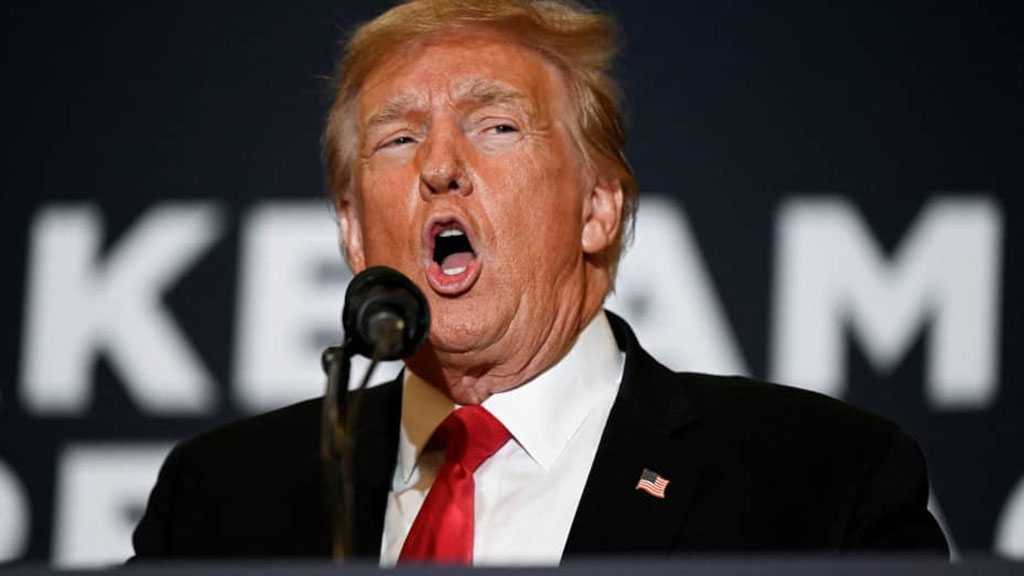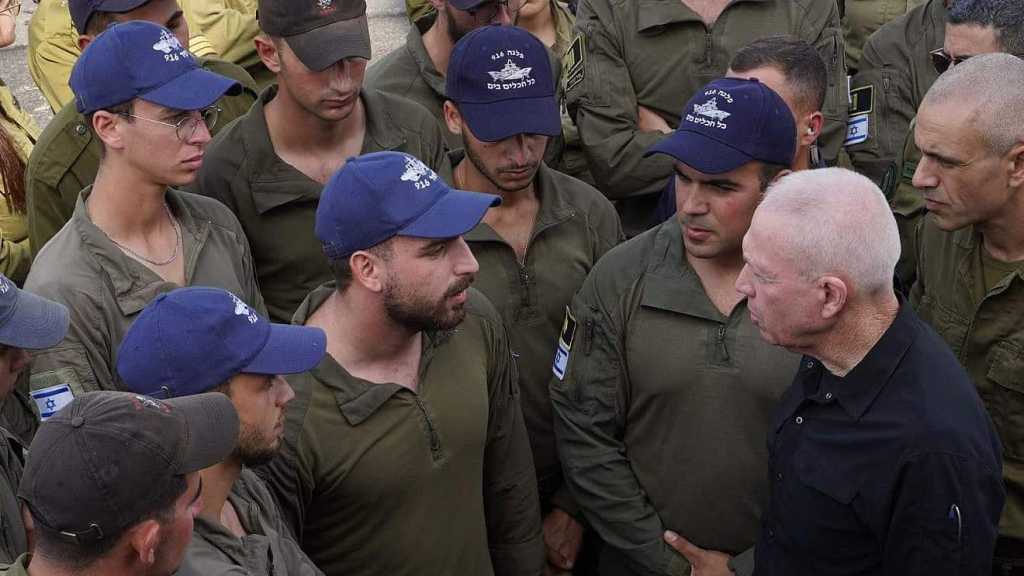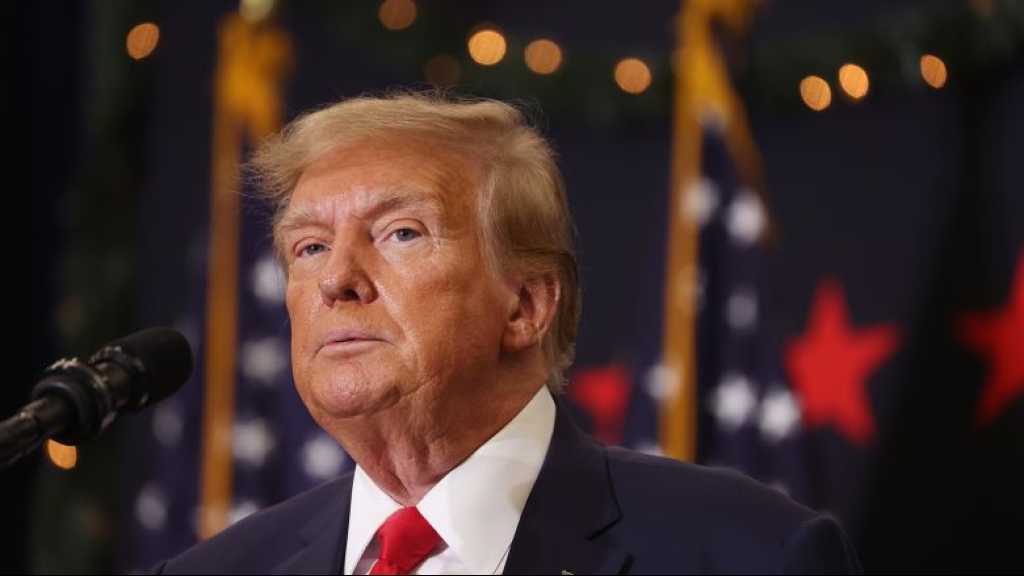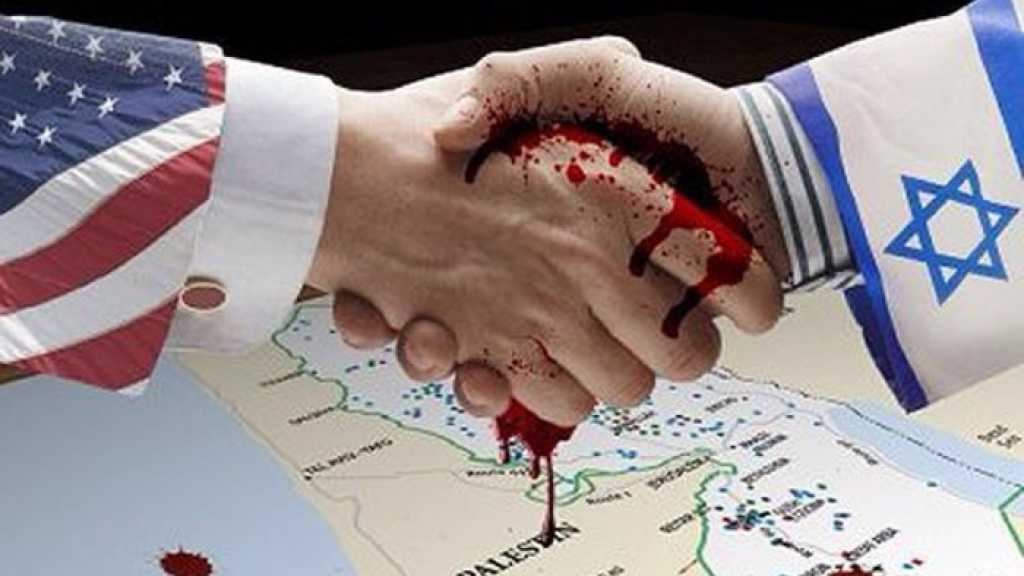
NYT: No, Mr. President, It Does Really Matter
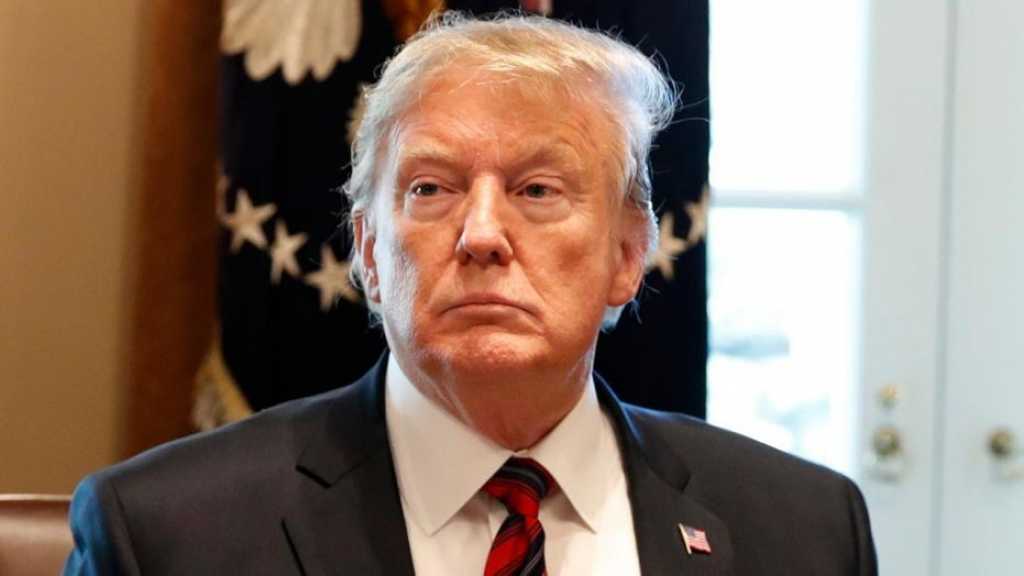
By Staff, NYT
Iran could become the perfect storm of President Trump’s chaotic and disruptive sallies into foreign affairs.
Millions of Iranians turned out to mourn the American assassination of Maj. Gen. Qassim Suleimani. Furthermore, there is nothing to celebrate in the shape the American-Iranian conflict has taken.
According to the NYT, the current conflict itself is largely a result of US President Donald Trump’s renouncing the nuclear deal President Barack Obama achieved in 2015 along with Britain, France, China, Germany and Russia, and then re-imposing sanctions on Iran. And the targeted killing of General Suleimani was not only dubious in legal and moral terms, but also an act that may well backfire before long with some vicious retaliatory strike by Iran or one of its allies in the region.
The assassination of Soleimani, moreover, served to further distance Washington from its European allies, none of which were notified in advance of a potentially incendiary action, and none of which endorsed it after the fact, according to the NYT.
The killing had all the hallmarks of the Trump administration’s disjointed approach to foreign affairs. Assassination is illegal in international law and taboo American foreign policy, facts Trump’s national security team seemed to acknowledge when it initially issued inconsistent and unsubstantiated claims that General Suleimani was killed to prevent a big strike in which many Americans would have died. Trump ended the charade on Monday when he tweeted that “it doesn’t really matter” what the Iranian was up to.
On Friday, Leader of the Islamic Revolution His Eminence Imam Sayyed Ali Khamenei said Iranian missile attacks on American bases were “a slap to US’s image as a superpower.”
For now, Trump and his national security team can brag that the killing did not provoke the feared escalation, that after a perfunctory retaliatory strike on an American base in which 11 service members were injured, Tehran agreed, via an urgent exchange of messages through Swiss diplomatic intermediaries, to stand down.
But Iran is not likely to leave the death of a national hero unavenged for long. In an asymmetrical conflict, a show of American military muscle is not a sure deterrent, and Iran is likely to redouble its efforts to drive American troops out of Iraq through its allies there.
Then what? That is the question that sets alarm bells off among American allies whenever Trump makes a foray into foreign affairs. Is there a plan for when Iran retaliates, other than empty threats to attack cultural sites? Are discussions underway with allies on how to bring Iran to the negotiating table on a new nuclear deal? Or is the Trump administration actually prepared to go to war with Iran?
Comments
- Related News
